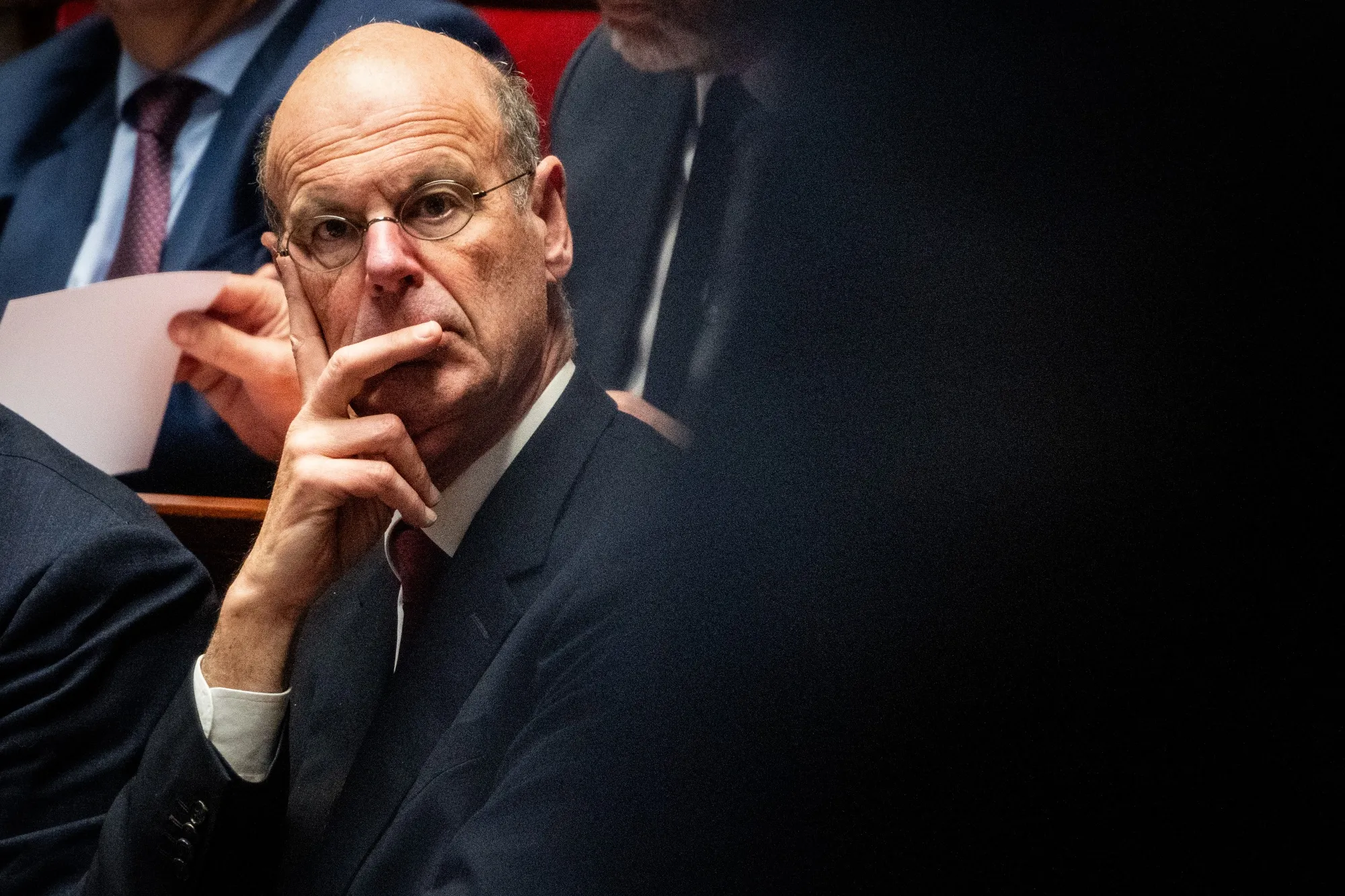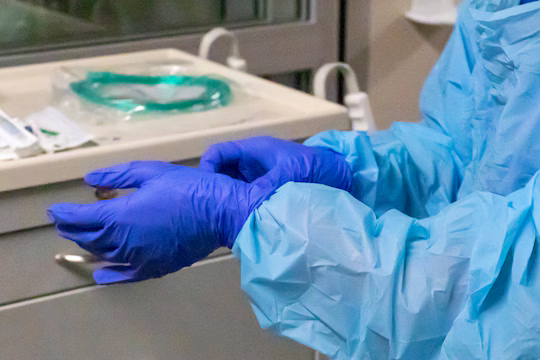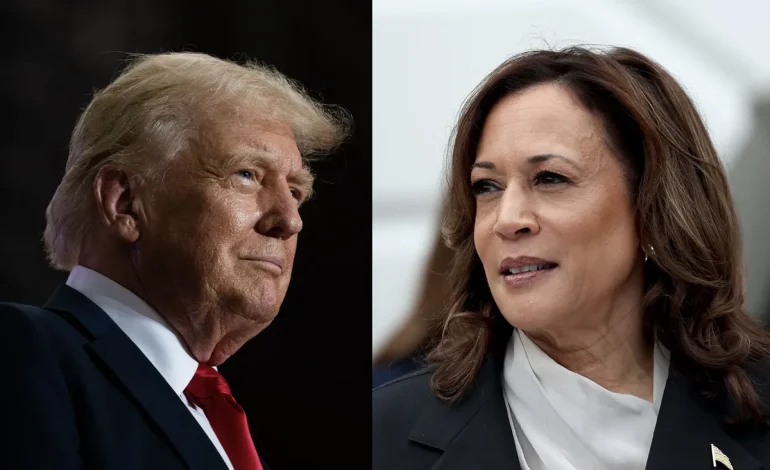Former US President Donald Trump has raised concerns over the Federal Reserve’s decision to cut its benchmark interest rate by half a percentage point, suggesting it either indicates severe economic problems or possible political motivations.
Trump, the Republican presidential candidate, made the remarks during a campaign stop in Manhattan on Wednesday, questioning the timing of the significant rate cut, just weeks ahead of the November election.
“I guess it shows the economy is very bad to cut it by that much, assuming they are not just playing politics,” Trump said.
He also added that the substantial reduction could either signal economic trouble or an attempt by the Fed to influence the election. The Fed’s cut brings the federal funds rate down to a range of 4.75% to 5%, a notable drop from its previous range of 5.25% to 5.5%.
This is not the first time Trump has criticized Federal Reserve Chair Jerome Powell, whom he appointed in 2017. Trump has repeatedly accused the central bank of being politically influenced, especially regarding rate cuts ahead of elections. In earlier interviews, Trump suggested Powell could be acting in favor of Democrats, and has even implied he would replace Powell if re-elected unless he was “doing the right thing.”
Democratic presidential candidate Kamala Harris, on the other hand, welcomed the rate cut, describing it as “welcome news for Americans” affected by rising prices. The move, Harris suggested, is a step toward easing the financial pressures on middle-class families still grappling with inflation.
The Fed’s decision comes at a crucial time in the 2024 election cycle, with both parties using the move to frame their economic narratives. While Trump has questioned the motivation behind the rate cut, Harris emphasized her focus on bringing down everyday costs for Americans. With inflation and economic stability playing key roles in voter concerns, the Fed’s action has quickly become a central topic in the race.
Powell, generally respected on Wall Street for his handling of the Fed, has consistently maintained that the central bank’s decisions are independent of political influence. His current term as chair is set to expire in 2026, though his tenure has been a subject of debate amid the ongoing economic and political discourse.
Financial Times, Bloomberg, FOX Business, CBS News, and Market Watch contributed to this report.









